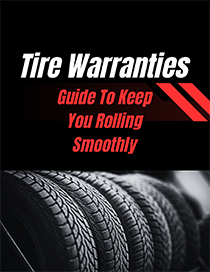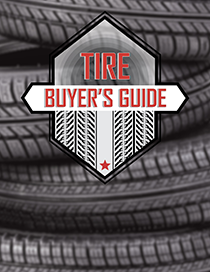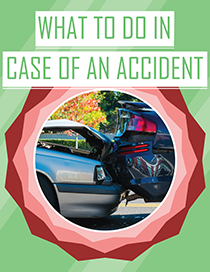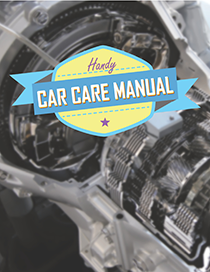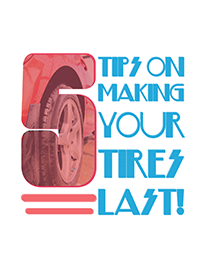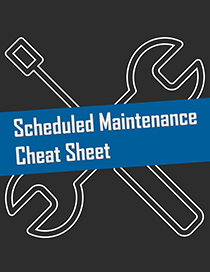Radiators
Is your car running hot? Don’t wait for trouble! Have your radiator checked at Moore & Robinson, Inc. Tire and Service Centers.
A vehicle’s engine consists of many moving parts that create friction, which in turn create heat. The role of the radiator is to cool down the engine. Vehicle radiators keep everything cool under the hood to help prevent overheating and to keep serious issues from developing. The radiator pumps a mix of water and antifreeze through the chambers in your engine to absorb the excess heat to keep your engine cool and running efficiently.
Coolant, or antifreeze, absorbs heat from the engine and disperses it through the radiator. It is also distributed through the heat exchanger in the passenger compartment when you use the vehicle’s heating system. Over time, deposits that can clog the cooling system will accumulate in your vehicle’s radiator. A coolant flush and fill prevent these deposits and overheating, which is the most common cause of engine damage and breakdowns. It is recommended for most vehicles that coolant be changed seasonally, and fluids replaced every 30,000 miles. See your owner’s manual for your vehicle manufacturer’s recommendations.
Symptoms your coolant/antifreeze system may need service:
- Steam coming from the motor
- Indicator / warning lights illuminate
- Temperature gauge indicates vehicle is running hotter than normal
- Signs of fluid leakage or loss
Our expert technicians will:
- Thoroughly inspect the coolant/antifreeze system
- Repair and/or replace any components as necessary
- Replace old coolant/antifreeze with new fluid
If you suspect your vehicle may be having radiator problems or issues with overheating, let our professionals check out your system. Contact us today to set an appointment.
Why are coolant flushes important to your vehicle?
Coolant is subject to rapid break down because it functions in a hot and hostile environment. When the coolant’s rust inhibitors get depleted, the confined cooling passages in the engine and radiator are vulnerable to corrosion. Ultimately some corrosion will take place, even with rust inhibitors. The engine block is the main source of rust in a car’s cooling system. Particles of rust will clog radiator and heater passages, causing your engine to overheat. If coolant is not regularly monitored, the rust inhibitors stop working, and the cooling system rusts from the inside out.

